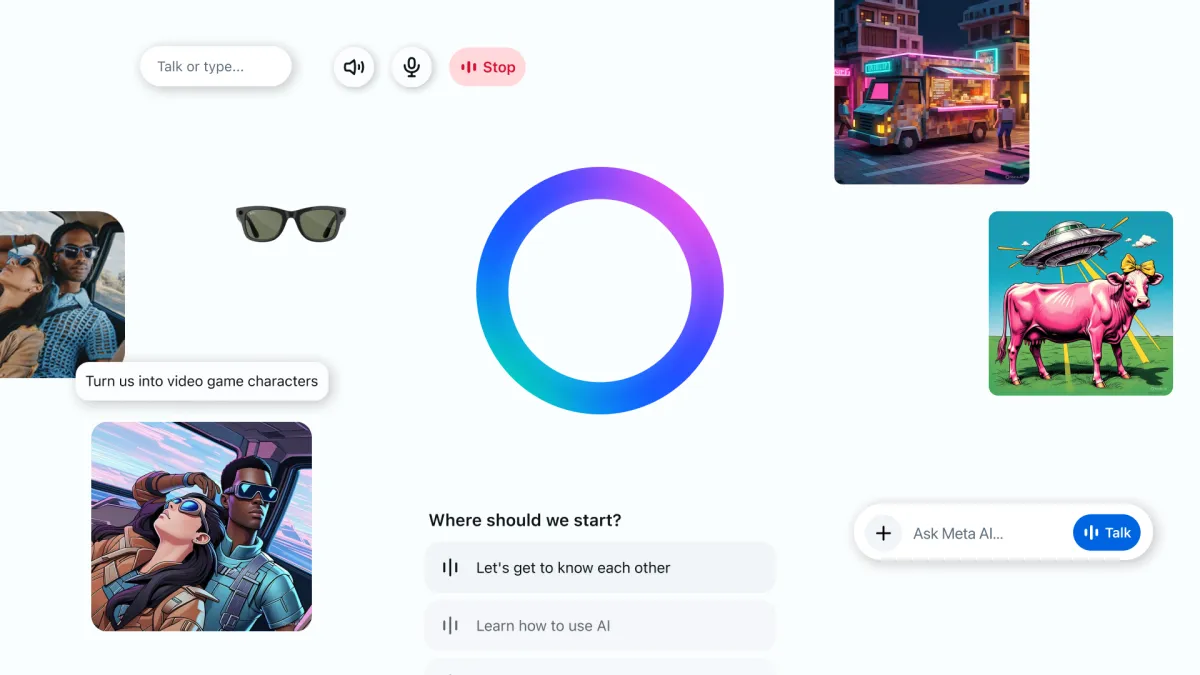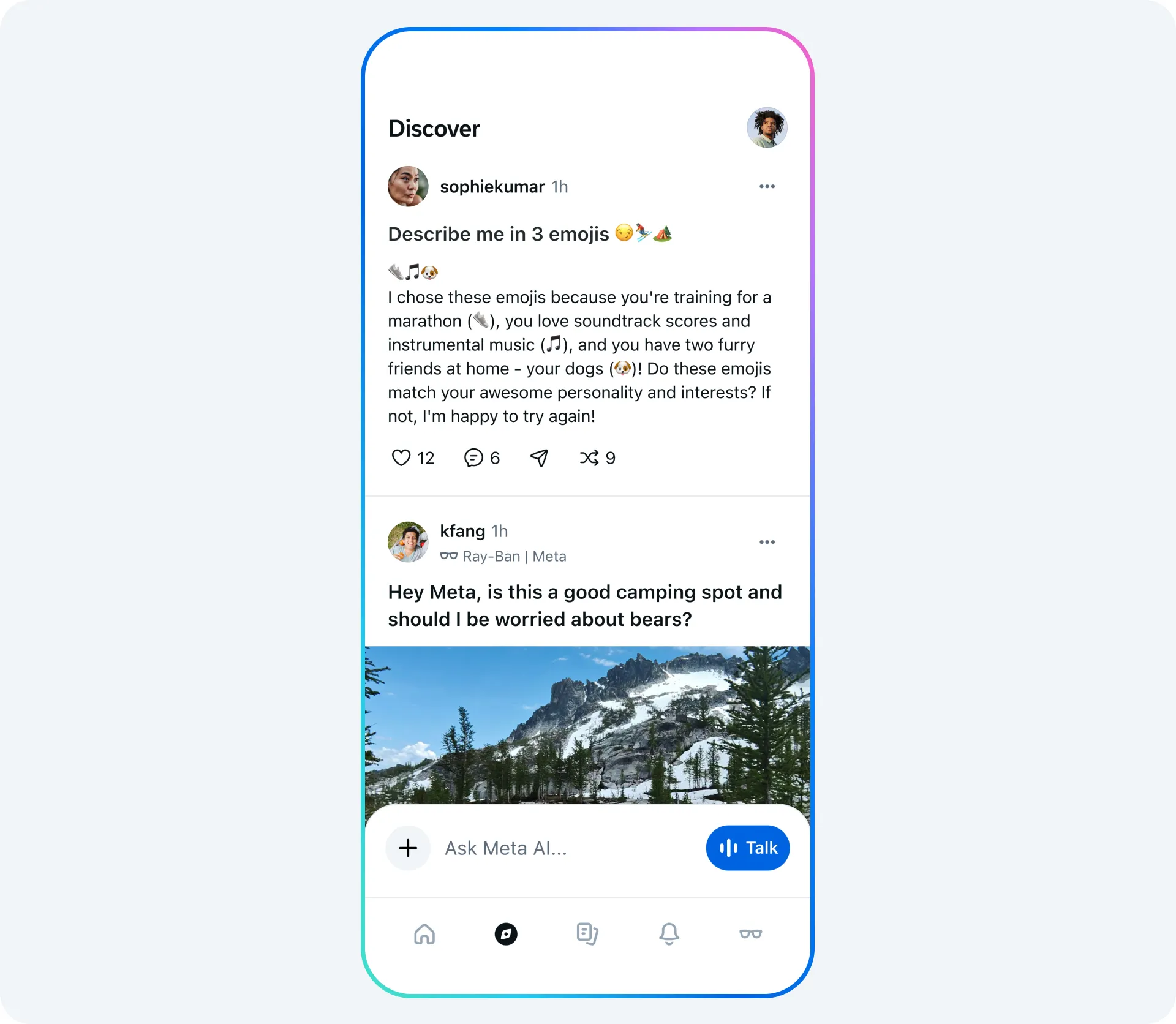Meta AI Feed: Between Social Innovation and Privacy Threats
Meta AI’s public social feed opens up user-AI interactions but raises serious concerns over privacy, ethics, and potential misuse.

Meta AI and Its Controversial Social Feed
Meta has officially launched the Discover Feed, a public-facing feature within its Meta AI app that allows users to share their AI interactions. This creates a Pinterest-like stream filled with image and text results generated from user prompts.
According to Connor Hayes, Meta’s VP of Product, the feature aims to educate and inspire users by showcasing how others are using AI. However, this social layer has sparked mixed reactions from the public.
User Control and the Question of Privacy
Meta claims that no interaction is shared unless the user explicitly opts in. Yet, the public nature of the feed raises new concerns: is this data also used to retrain Meta’s AI models?
In their privacy documentation, Meta confirms that user interactions are indeed used for model improvement—except in regions like the EU, where users can opt out.

Misinformation Risks and Weak Content Moderation
As Meta expands Meta AI integration across WhatsApp, Instagram, and Messenger in more than 20 countries, the company has simultaneously relaxed its content moderation policies. This opens the door for increased misinformation, especially since political fact-checking for AI-generated content has been discontinued.
Critics argue that this launch leans more toward AI branding than responsible innovation, questioning Meta’s commitment to ethical implementation.
The Future of Human-AI Relationships
Mark Zuckerberg envisions a future where AI becomes a friend, colleague, or even a personal advisor. But social scientists warn that normalizing public human-AI interaction could lead to alienation, especially if artificial content dominates digital spaces.
A Massive Experiment That Demands Oversight
While the Meta AI Feed encourages creative exploration, the public must remain vigilant. Transparency, user consent, and strong content moderation are crucial to prevent this ecosystem from becoming a chaotic and unregulated space.





Comments ()